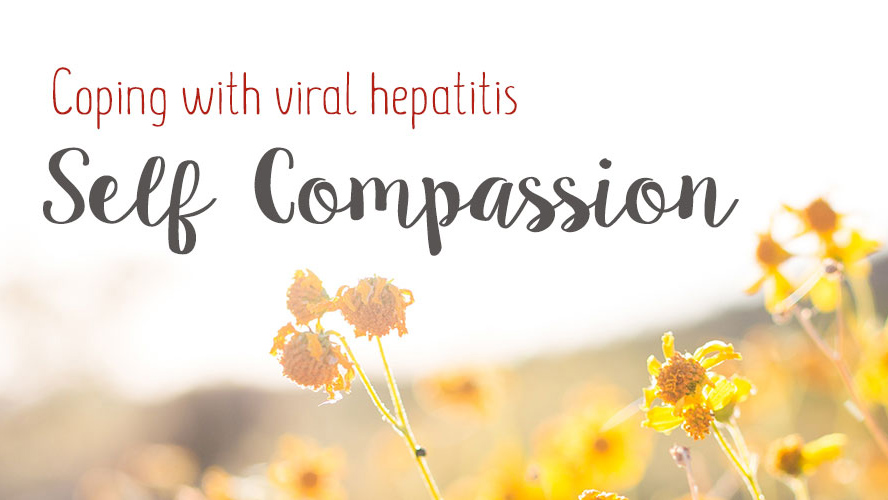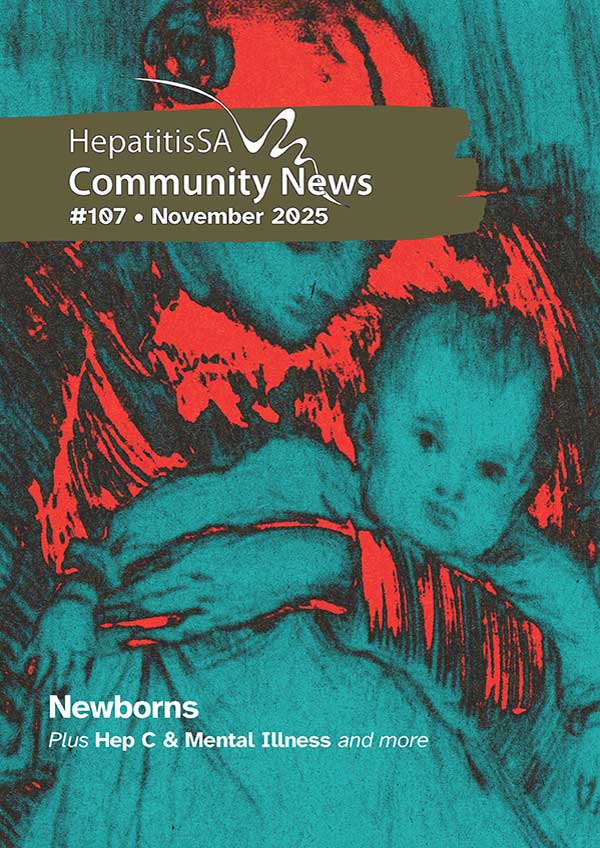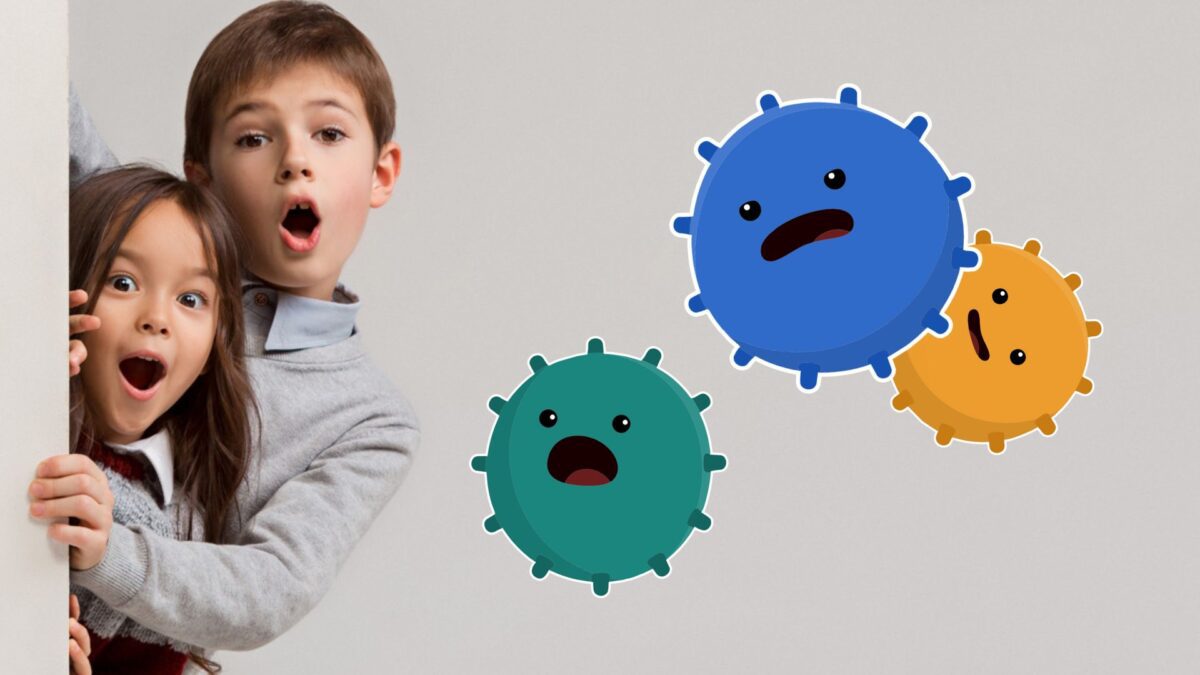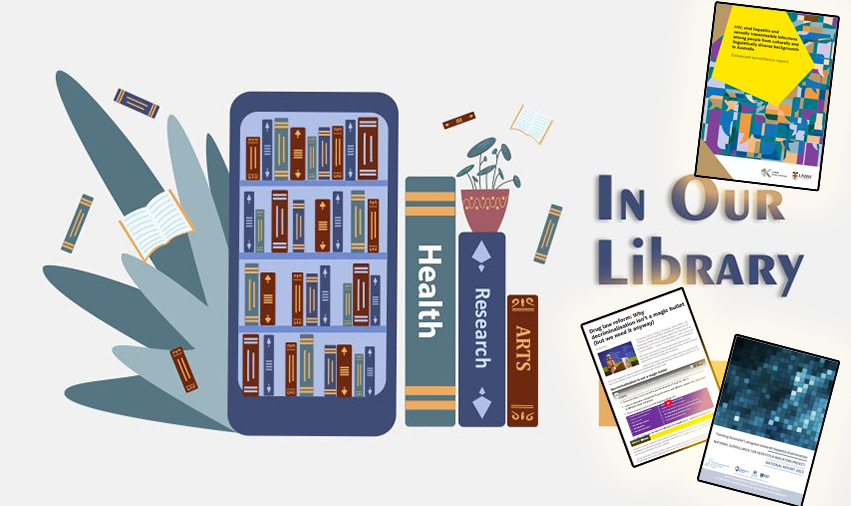Living with viral hepatitis can be really tough and for some, it might seem even tougher when the holiday season rolls around. Some of the negative aspects or experiences that people have shared with us over the years include uncertainty over their health outcomes, fatigue, dealing with disclosure.
People with chronic viral hepatitis may face the challenges of:
- living with the long term uncertainty of how hepatitis B or C may be affecting their liver
- dealing with symptoms such as brain fog or fatigue
- becoming seriously ill because of liver damage
- having to disclose their status to new people in their life
- being treated poorly by a health-care provider
- having fearful or negative feelings about being “infectious”
- feeling isolated from the community because of stigma or “having a secret”
Unfortunately, there is evidence to show that those living with long-term viral hepatitis are at increased risk of becoming depressed. Although it isn’t known exactly why this is the case it is thought that the most likely causes are a combination of the physical and psychological effects of the disease. Looking at above list this is hardly surprising. They have a lot to deal with emotionally, as well as physically.
You need to look after your mental & physical health
Learning better ways to deal with stress and uncertainty can have a real impact on your mental and physical health and lessen the chances of becoming or staying depressed and anxious.
A promising new approach, called self-compassion, could be helpful for people with viral hepatitis.
How can it help?
Self-compassion may:
- Help you cope with negative emotions and uncertainty
- Make you feel more connected to other people
- Improve your sense of wellbeing
Practising self-compassion has been found to improve wellbeing and life satisfaction and reduce levels of depression, anxiety, stress and shame.
What is self-compassion
Being kind to yourself
Self-compassion is the practice of treating yourself with the same understanding, kindness and forgiveness that you would a cherished friend. Rather than ignoring your suffering or berating yourself for your failings, respond to yourself with gentleness and compassion.
Accepting your shared humanity
Self-compassion recognises that every human being is flawed and that people rarely get exactly what they want in life. Accepting that you are only human too can help you to feel less isolated in your suffering and more a part of the shared human experience of life.
Being mindful
The self-compassion approach encourages you to step back from negative emotions and view them mindfully rather than taking them as literal truth and getting caught up in a negative spiral of self-blame and worthlessness.
But don’t I need to be tough to cope and get things done?
Many people mistakenly believe that they need to be tough with themselves to get through difficult situations or to avoid making mistakes in the future. In fact, not only does this approach not work, it can make things worse.
Unchallenged feelings of self-blame, isolation and shame make people more likely to:
- Distract themselves from negative emotions rather than accepting and facing them.
- Unable to admit that they’ve made mistakes or have flaws, just like everybody else.
- Not deal realistically with their situation or make plans to make things better in the future

Try it for yourself
Next time something goes wrong or you’re facing painful or challenging feelings, try some self-compassion. Instead of the same old critical or self-blaming responses:
- Stop, take a deep breath and treat yourself with kindness
- Acknowledge how you feel or how hard the situation is
- Talk to yourself encouragingly just as you would a friend
- Take a step back from your emotions and remember that everybody has disappointments & problems
- Do something that you find soothing like drinking a cup of tea or listening to some music
If you need to you can come back to thinking about your problem once you feel better and can think more clearly.
When you think about it, treating ourselves harshly only makes a difficult situation worse. We’re far more likely to cope well with hard times with a little kindness.
More information about self-compassion
- Find out more about self-compassion and how to practice it at https://self-compassion.org/
- Take a quiz to find out how self-compassionate you are
- Complete this free online course
Get some support
And remember, there’s no need to deal with everything by yourself. If you need some support our confidential Helpline is available weekdays (except on public holidays) from 9am – 5pm.
Call 1800 437 222.
Free counselling is also available for people with hepatitis B, hepatitis C and HIV through MOSAIC Counselling. Call 1300 364 277.
Last updated 25 May 2024
More from:
Enjoyed this article? Subscribe to be notified whenever we publish new stories.
Subscribe for Updates





